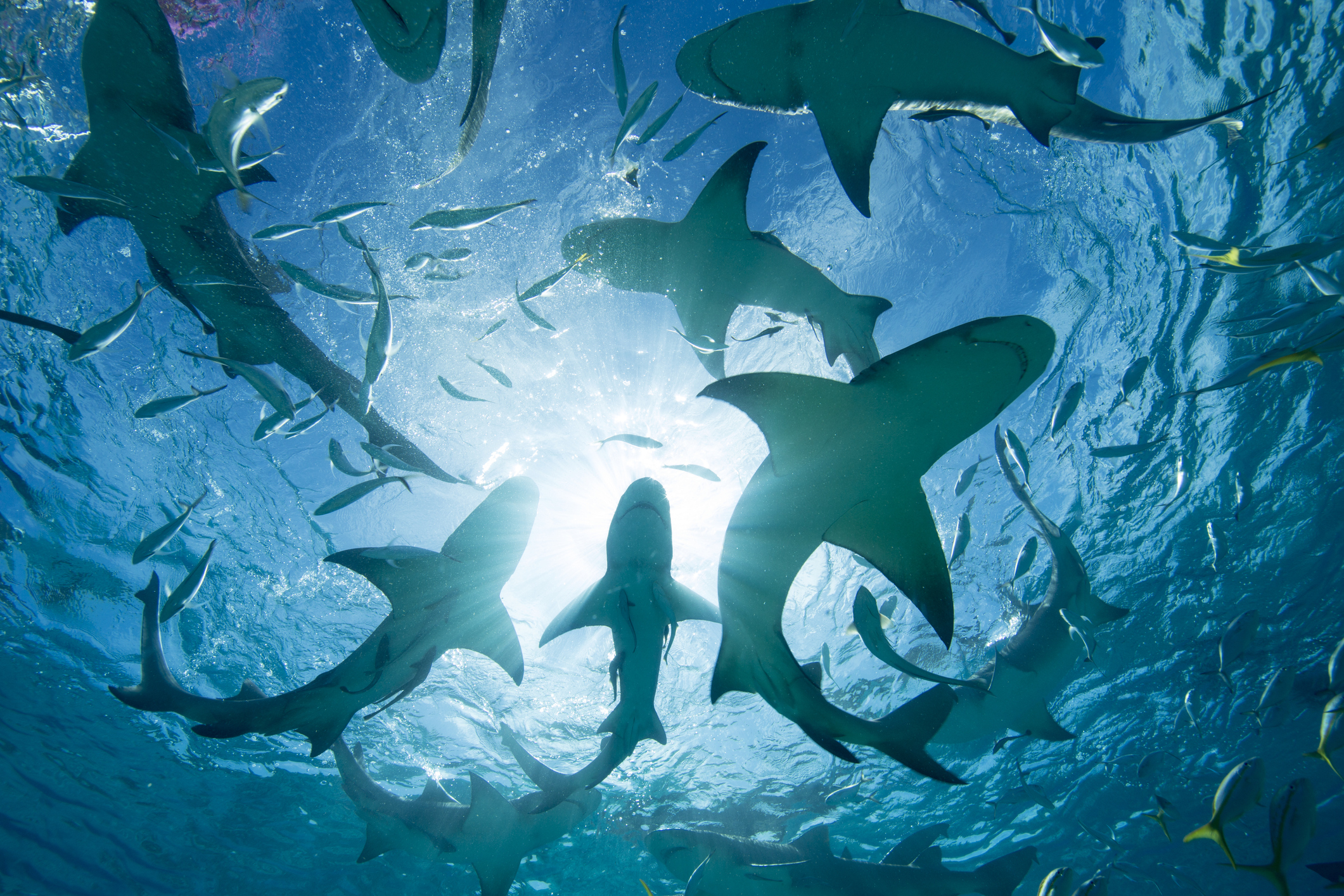A Marine biologist predicts that sharks living off the coast of Florida are feasting on drugs left behind by drug traffickers trying to move product into the United States, nicknaming them “cocaine sharks.”
Tom Hird told Live Science he wanted to investigate whether or not sharks have ingested cocaine and the effects that the drugs had “on these delicate ocean ecosystems.”
For many years, cocaine has often been found being washed onto beaches or discovered in the ocean by officials. The U.S. Coast Guard released a report on June 17 detailing how more than 14,153 pounds of cocaine worth more than $186 million had been found in Miami.
“The deeper the story here is the way that chemicals, pharmaceuticals and illicit drugs are entering our waterways — entering our oceans — and what effect that they then could go on to have on these delicate ocean ecosystems,” Hird told the outlet.
'Cocaine Sharks' may be feasting on bales of drugs off Florida's coast https://t.co/KytGm0ifWX
— Fox News (@FoxNews) July 20, 2023
In Hird’s documentary, “Cocaine Sharks” he and Tracy Fanara, an environmental scientist from the University of Florida focus primarily on sharks in the Florida Keys, an area in which cocaine is often found.
In August 2022, U.S. Customs and Border Patrol agents discovered 126 pounds of cocaine which had washed ashore in Key Largo, Cudjoe Key and Duck Key, according to Local 10 News. In another instance, 72 pounds of cocaine and 62 pounds of marijuana, worth almost $2 million, was discovered in April 2021, according to The Miami Herald.
Hird and Fanara conducted three experiments on the sharks. In the first experiment, they use packages that are created to be fake bales of cocaine. When the fake bales of cocaine are placed next to fake swans, the sharks opt for the cocaine and even take a bite from them, according to the outlet.
In the second experiment, sharks are baited with a ball of fish powder – which is said to start a dopamine rush similar to cocaine, in the sharks, and the sharks are seen going wild. The third experiment centers around dropping cocaine bales out of an airplane, and during this scenario, the sharks are seen going wild once again, according to the outlet.
While Hird described the second experiment as being a “potential scenario” of what cocaine possibly does to sharks, he also told the outlet that the shark’s behavior could be attributed to multiple reasons.
“We can’t even say well this is a baseline and go from there,” Hird said, pointing to the lack of research that’s been done on the subject.
The documentary is set to appear on the Discovery Channel at 10 p.m. EST on July 26, according to the outlet.

























 Continue with Google
Continue with Google